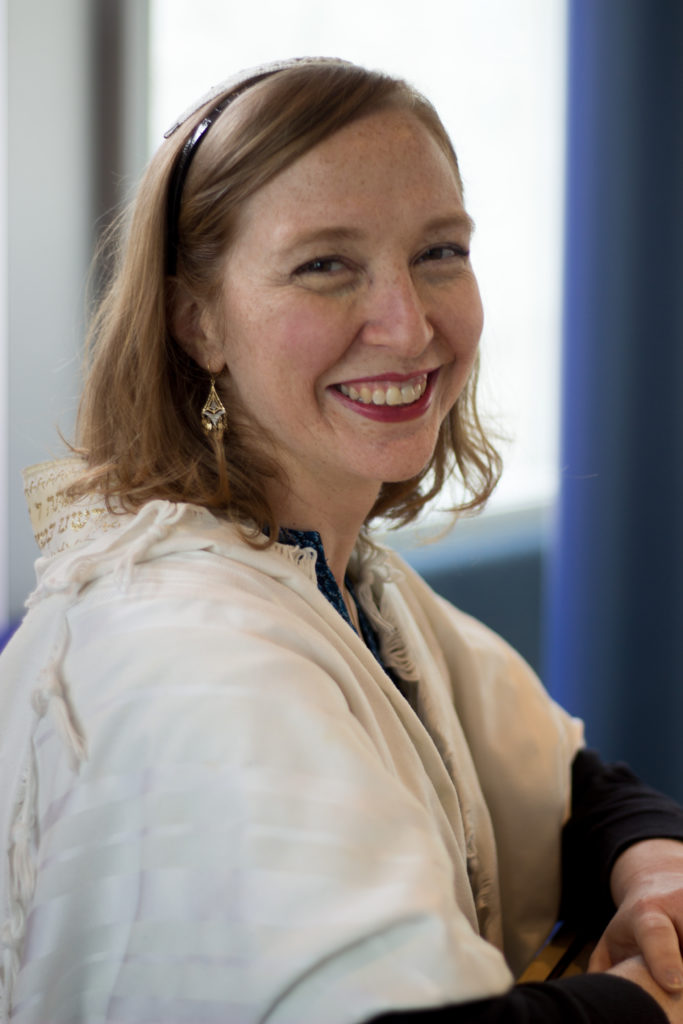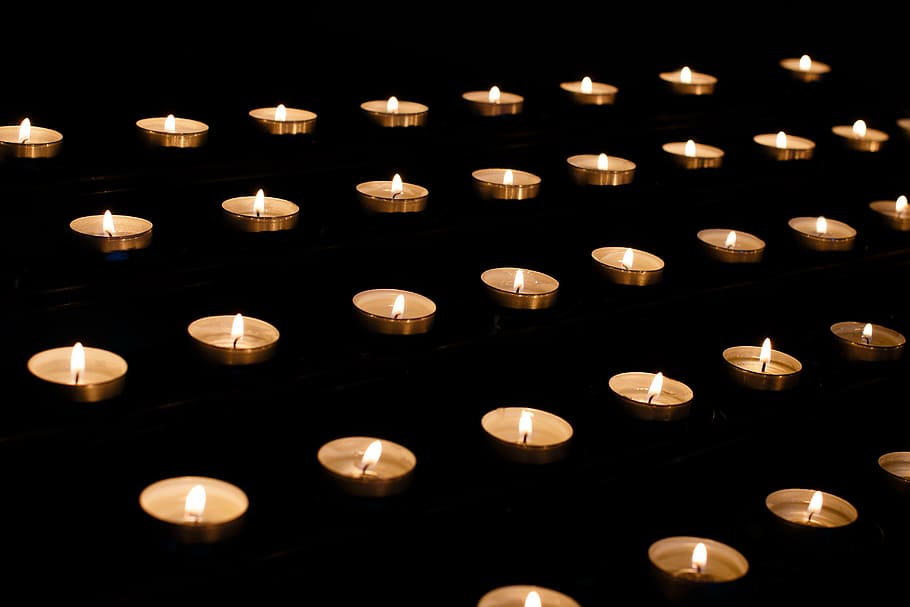I often tell congregants and students that if there’s one thing Judaism does really well, it’s grief. Yes, of course, the list also includes community and marking the passage of time and symbolic food, but grief… Judaism just undeniably does it well. I then go on to explain how: You sit for days, you focus on your grief, you fully feel it. People come and care for you. You eat differently, dress differently, spend your days differently. You cannot forget that you are mourning, and thereby you fully experience the stages of grief you need to go through. When the mourning rituals are complete, you have a reasonable chance at moving into the next stages, of remembering and honoring the dead.
It’s odd, then, that although Jewish personal mourning rituals are widely practiced, communal mourning days aren’t as widely observed by individuals. We have several of these days on our calendar. The more recent additions are Yom Ha’Shoah (Holocaust remembrance day) and Yom HaZikaron (Israel’s memorial day). But our paradigmatic day of communal mourning comes this weekend, Tisha B’Av, the 9th day of the month of Av, which marks the destruction of both the first and the second Temples in Jerusalem, and later accrued other calamities throughout the centuries. It’s a holiday I didn’t learn about until I was on my high school Israel trip. It’s likely the least observed holiday in the calendar among liberal Jews.
This past year and a half, we’ve seen such intense loss due to the pandemic, on both a personal and societal level, as well as the continuing climate devastation and attacks on democracy. During America’s inauguration in January, I watched the Covid-19 memorial and realized it was the first time I’d seen the unfolding tragedy memorialized. The lesson I’m taking from Tisha B’Av this year: You need a place to put your grief. A specific day, with specific practices and texts and rituals. Otherwise, you’ll soldier on, trying not to feel it for fear that if you start crying you’ll never stop. Communal tragedy needs communal mourning. As we emerge into regular social contact again, we will look into each other’s eyes and see the relatives we couldn’t bury, the months of childhood our kids lost, the livelihoods vanished. Make time to mourn. Together. It’s how we will be able, eventually, to move on to the next stages of remembering and honoring what we’ve lost.

Rabbi Julia Appel is Clal’s Senior Director of Innovation, helping Jewish professionals and lay leaders revitalize their communities by serving their people better. She is passionate about creating Jewish community that meets the challenges of the 21st century – in which Jewish identity is a choice, not an obligation. Her writing has been featured in such publications as The Forward, The Globe and Mail, and The Canadian Jewish News, among others.

